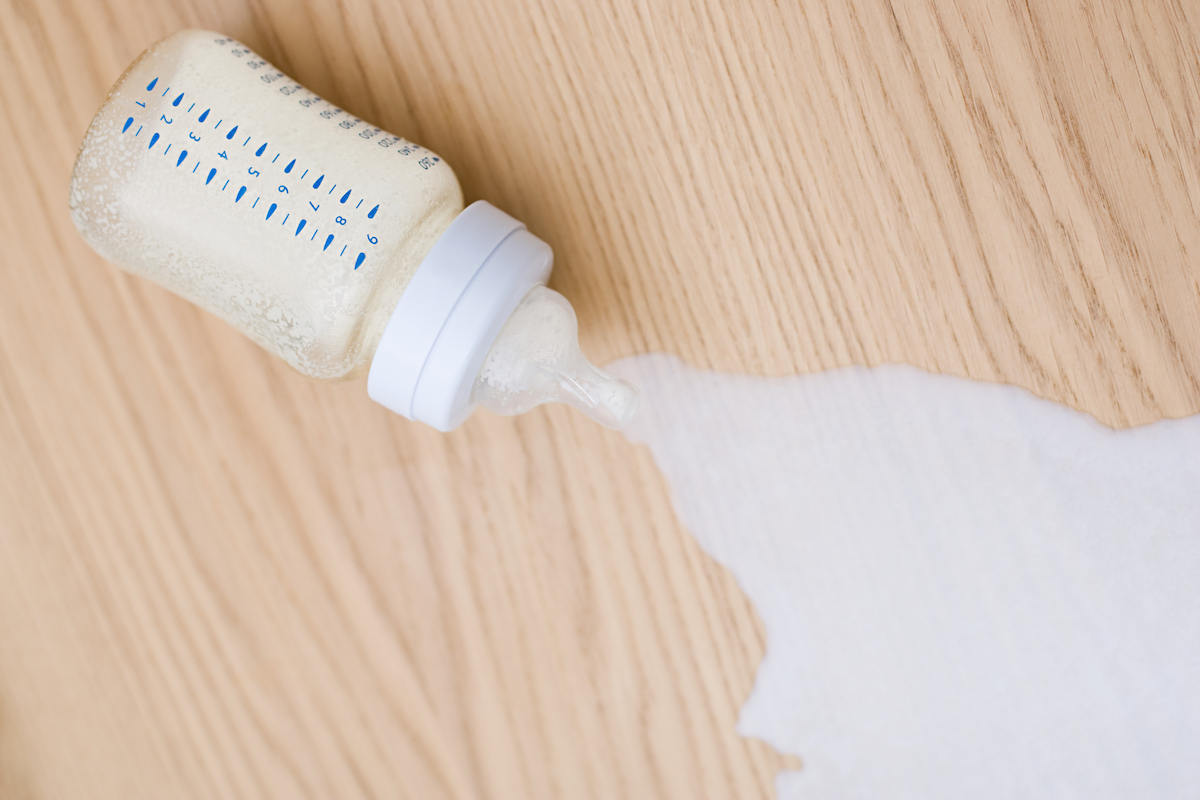There have been a lot of headlines here in New Zealand and Australia about the change in WHO guidelines around feeding infants 6 to 12 months cow’s milk instead of formula. Does the data now back up these headlines that cow’s milk can be given instead of formula for infants older than 6 months?
—Caroline
It’s interesting when a headline like this arrives in one location and not another — when I looked into this, all the headlines are out of New Zealand and Australia. In the U.S., we are still decidedly in the formula-until-a-year advice.
To understand what is going on, we need to revisit the World Health Organization guidelines, which were updated last year. You can read the current version here. When it comes to infant feeding, the WHO strongly advises breastfeeding until the age of 2. I’ve discussed this advice in the developed-country context extensively, and argued that many of the benefits are overblown. The WHO advice is, at least in part, focused on areas of the world with fewer resources. In these locations, there is an additional issue to grapple with, which is clean water. Formula made with contaminated water can be dangerous, so continued breastfeeding (and therefore less water consumption) has an added benefit.
Following its strong advice to breastfeed until 2, the WHO then grapples with what the best option is if that is not available. In infancy, before six months, it is widely agreed that formula is preferable to animal milk for human babies. It has a different macronutrient balance and, among other things, cow’s milk does not provide sufficient iron. It is less clear how long this additional benefit continues — in particular, whether babies are in fact better off with formula relative to animal milks from 6 months to 12 months.
In the most recent guidelines, the WHO says that either option can be reasonable. In formulating that recommendation, the agency is relying on this meta-analysis, which looks at whether babies do better or worse with animal milk versus formula in this period. The paper, which uses a combination of randomized trial data and observational studies, draws three conclusions. First, most of the data is of low quality. Second, the use of animal milk increases the risk of anemia. But, third, it does not appear to impact growth outcomes for babies.
This last point is the basis of the WHO suggestion that either option could be a possibility in this later period. Looking carefully at the data, though, it does appear that formula would be preferable given the anemia risk. In places where there is limited access to clean water for formula, this needs to be traded off against the possible risks. If you do have clean water access, use of formula is still the first best option in this case.
The media coverage of this seems to me a little confused. The WHO is grappling with a complicated set of circumstances with a lot of constraints that you’re unlikely to be facing in New Zealand. This change in advice is basically irrelevant.
Community Guidelines















Log in